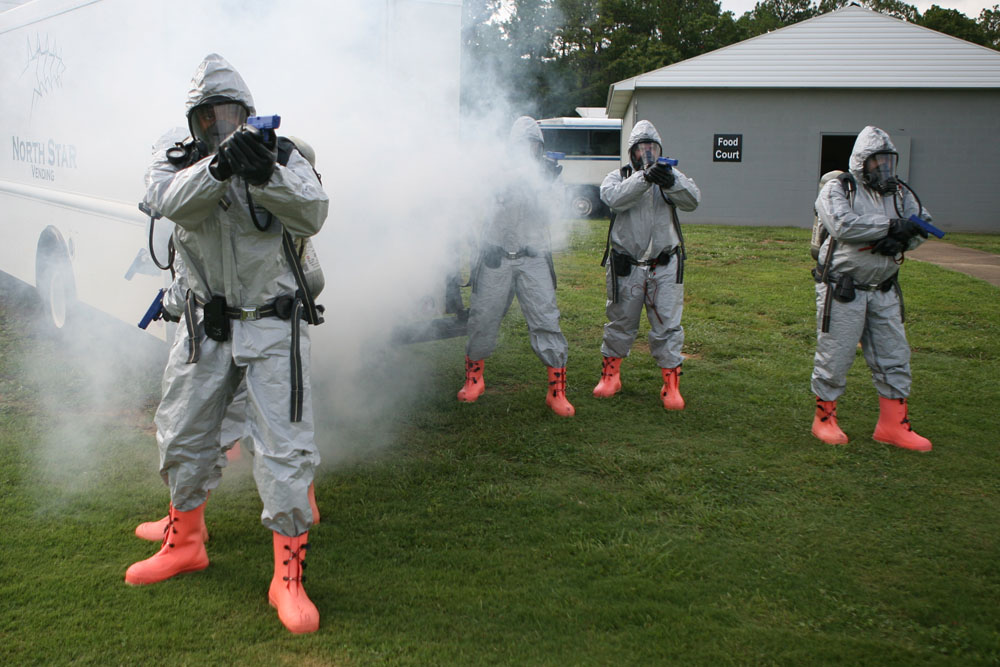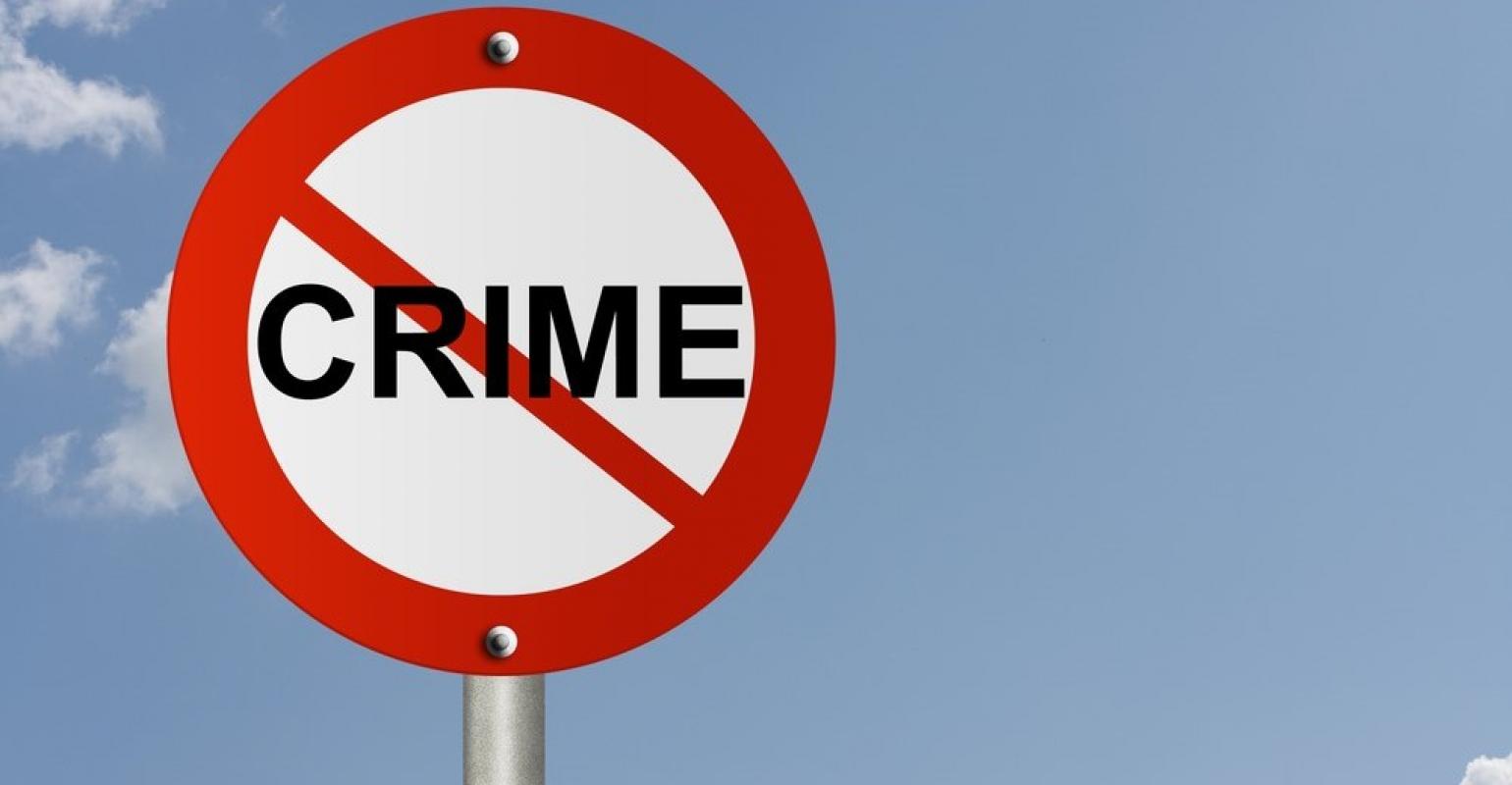Bio Hazards: 1. A biological agent, such as an infectious microorganism, or a condition that constitutes a threat to humans, especially in biological research or experimentation. 2. The potential danger, risk, or harm from exposure to such an agent or condition.
I wrote this short article in hopes of creating the importance of Bio Hazards. Generally the Police officer is the first responder to an emergency, like homicides, robbery or simple DUI offenses. In any scenario, the officer must be alert to potential hazardous areas or people infected with a potentially infectious disease. These diseases can be Hepatitis B, HIV or TB, they are found in bodily fluids, blood, or on other items present.
Over 300,000 caretakers are infected each year from contact with infectious disease carriers or from improper handling procedures. Needle sticks is a major contributor to accidents and from drug interdictions. Needles should always be capped after use and destroyed properly. All needles should never be used twice. Proper hand wear, heavy duty gloves is a must when handling anything that may be potentially infectious or sharp, and protects against saturation and moisture of any kind.
When rolling up on a call or scene, check the area out for signs of activity, evidence factors, bodily fluids or blood before getting out of your vehicle. When stepping out of your vehicle, check the ground around you carefully for any signs of a potential hazard. Remember, protecting the scene and your safety has priority here. Look around for anyone that may be present. Before approaching anyone visually check them for injuries or care needed. Dawn your gloves for your protection. Ask questions as to what is going on, are their any injuries or if there are any more people present. Separate your witnesses or suspects until more help arrives depending on the type of call you are on.
When making any arrest or handling a prisoner the officer should always wear some light latex gloves. Look for all possible signs of existing injuries, potential bleeding or bodily fluids before a pat-down. When searching a suspects pockets, have the suspect remove all contents first before making a thorough search with heavy duty gloves. There may be sharp objects in the suspects pockets, your gloves should protect you from most punctures or cuts.
Always handcuff your suspect first, to control and reduce the movement of your suspect. This procedure will often eliminate any spread of potential infections as well as protecting you more as the officer. Every officer should be furnished PPE (Personal Protection Equipment) by their agency. This includes the requirements that all gloves and equipment is sized per officer accordingly with proper fit.
If you use your handcuffs or other equipment in any situation, always clean afterward with a proven Bio cleaner. Always wash your hands after making any contact. Use warm soapy water and allow your hands to air dry. If you receive a cut or puncture, scrub your wound immediately. In my own experiences, I have scrubbed my wounds with the Clorox mixture, then rinsed it off thoroughly afterward with warm soapy water. I dont recommend that for anyone, Im just making a point as to what I have done. Cleaning surfaces or potentially exposed areas, use 10% clorox and 90% water mixture. Simple Green is an excellent Bio Cleaner and highly recommended. If you believe that you have been exposed to a potential infectious disease, contact your supervisor immediately. The most affective protection against most diseases is proper hand washing. I hope this article has helped somebody and especially if it prevents an officer or anyone from contracting a disease or illness.











